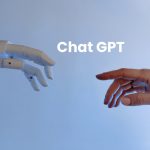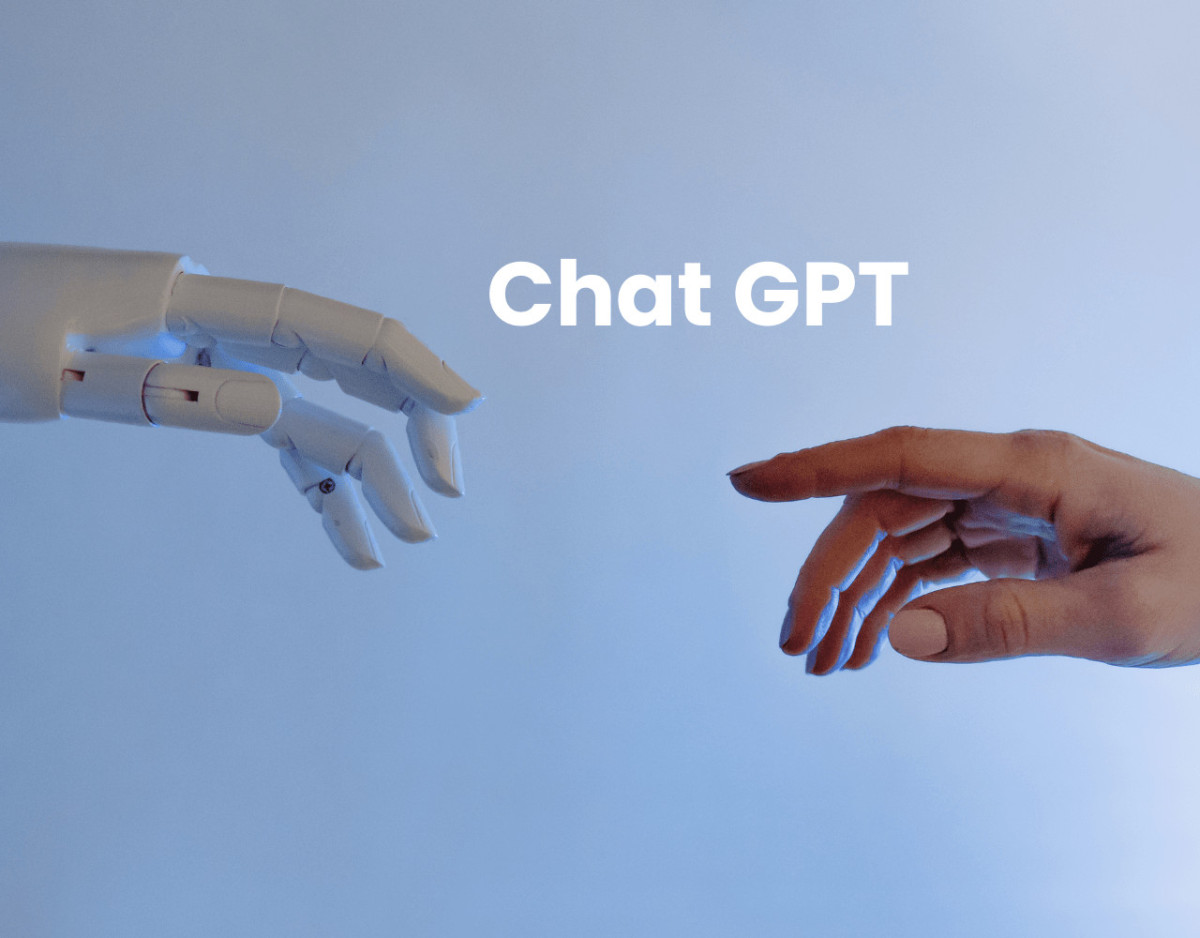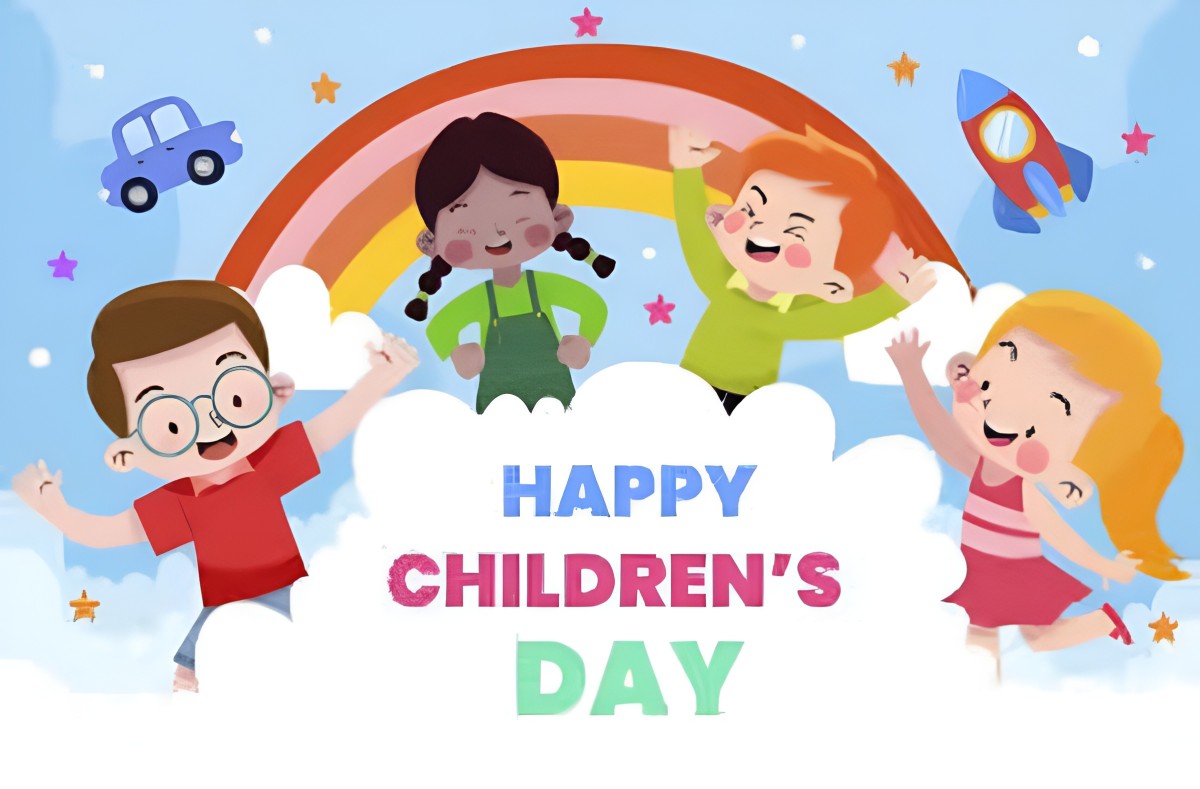Introduction
Artificial intelligence (AI) is transforming the way people work, learn, and live. From virtual assistants that schedule meetings to algorithms that write code or analyze data, AI is reshaping industries at an unprecedented pace. Many workers fear that machines will replace them, while others see AI as a tool for innovation and growth. The truth lies somewhere in between: AI will not simply take jobs—it will change them.
How AI Is Changing the Workplace
AI automates repetitive and data-driven tasks across multiple sectors. In manufacturing, robots now assemble products with precision and speed. In healthcare, AI systems analyze X-rays and detect diseases faster than human doctors. In finance, algorithms monitor markets and execute trades in milliseconds.
These technologies allow humans to focus on creative, strategic, and interpersonal aspects of their work. Instead of performing routine tasks, employees can use AI to make better decisions and increase productivity. However, the shift also demands new skills and adaptability.
Also Read: Brazilian Model Larissa Responds to Allegations of Rahul Gandhi’s Vote Chori Connection
Jobs at Risk of Automation
Certain roles face higher risks of automation. Routine and rule-based jobs—such as data entry clerks, cashiers, and telemarketers—are among the most vulnerable. Machines can perform these tasks faster, cheaper, and with fewer errors.
According to several studies, up to 30% of global jobs could be automated by 2030. However, automation does not mean total job loss. In many cases, AI replaces specific tasks, not entire occupations. For example, accountants now use AI tools to handle calculations, but humans still interpret results, provide advice, and ensure compliance.
New Jobs and Opportunities
While AI eliminates some jobs, it also creates new ones. Demand for AI engineers, data scientists, and cybersecurity experts continues to grow rapidly. Beyond technical fields, new roles emerge in AI ethics, human–machine collaboration, and creative industries.
For example, marketers now use AI tools to analyze customer behavior, while writers use them to brainstorm ideas or edit drafts. AI also enables remote and flexible work, allowing professionals to collaborate globally and access opportunities once limited by geography.
Skills for the Future
To thrive in an AI-driven economy, workers must embrace lifelong learning. Technical skills such as programming, data literacy, and machine learning are valuable, but so are human skills that machines cannot easily replicate.
Creativity, emotional intelligence, problem-solving, and critical thinking will define success in the future workplace. Employers increasingly value employees who can adapt to change, learn quickly, and work effectively with both people and technology.
Ethical and Social Implications
AI’s rise brings important ethical and social questions. Companies must ensure transparency, fairness, and privacy in AI systems. Governments need to support displaced workers through retraining and social safety nets. Education systems must prepare young people for jobs that do not yet exist.
Society must strike a balance between innovation and inclusion. If managed well, AI can reduce inequality and increase global prosperity. If neglected, it could widen the gap between skilled and unskilled workers.
Conclusion
AI will not completely take your job—it will transform it. The future of work depends on how individuals, companies, and governments respond to this change. Those who adapt, learn new skills, and collaborate with technology will thrive in the AI era. Rather than fearing machines, we should view them as partners that amplify human potential. The future belongs not to the strongest or the smartest, but to those most willing to evolve.
Also Read: Climate Change in 2025: Are We Too Late to Reverse It?











